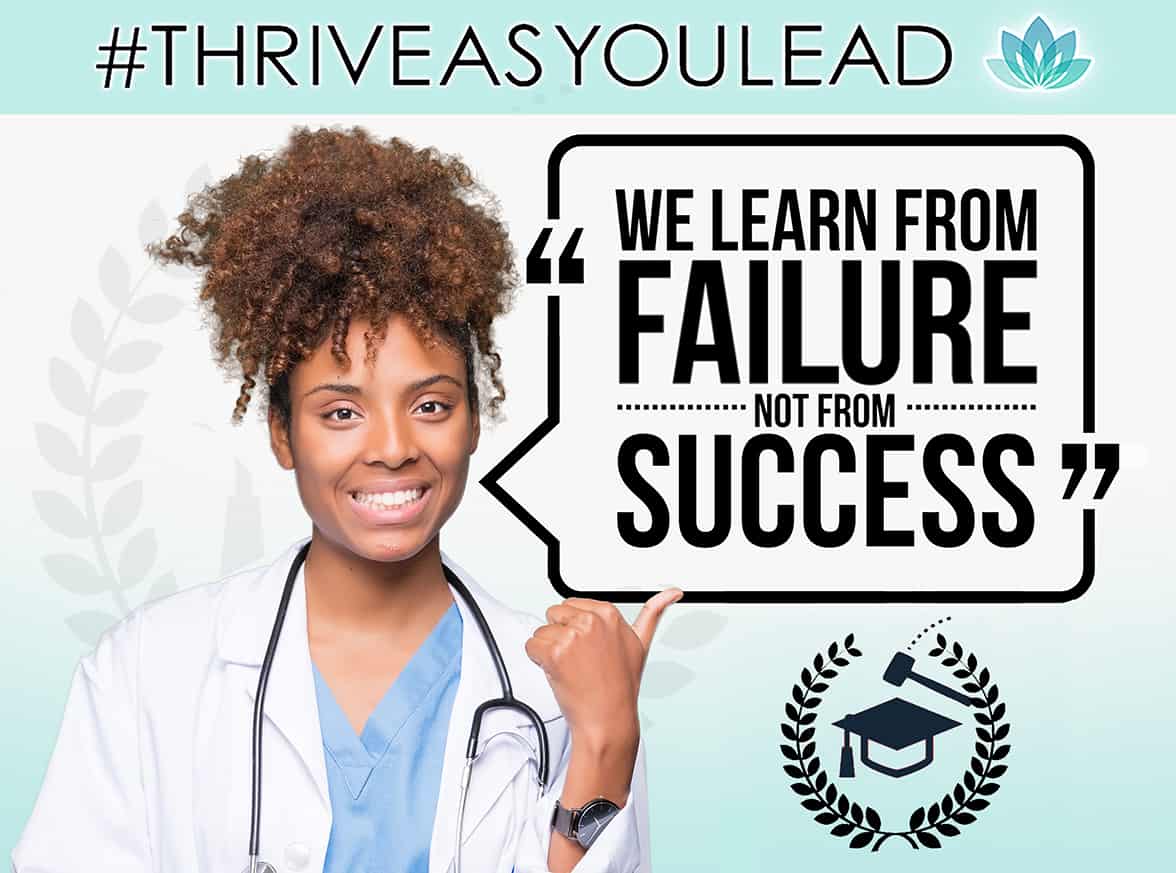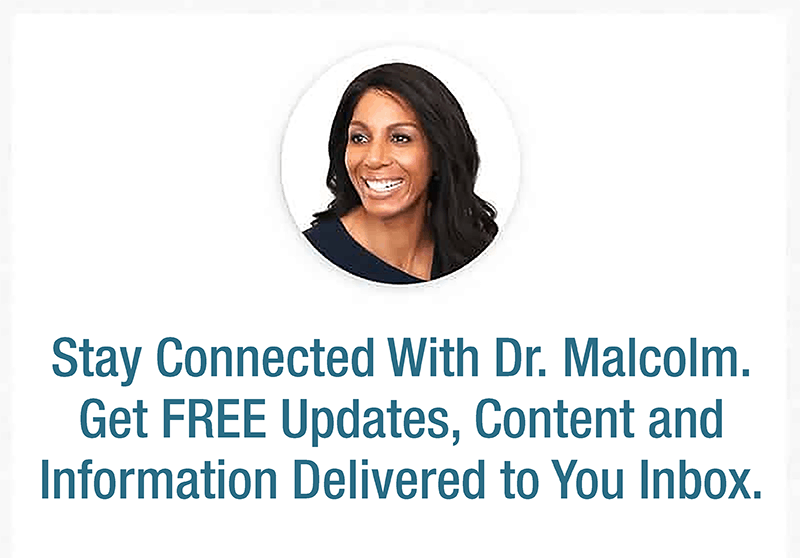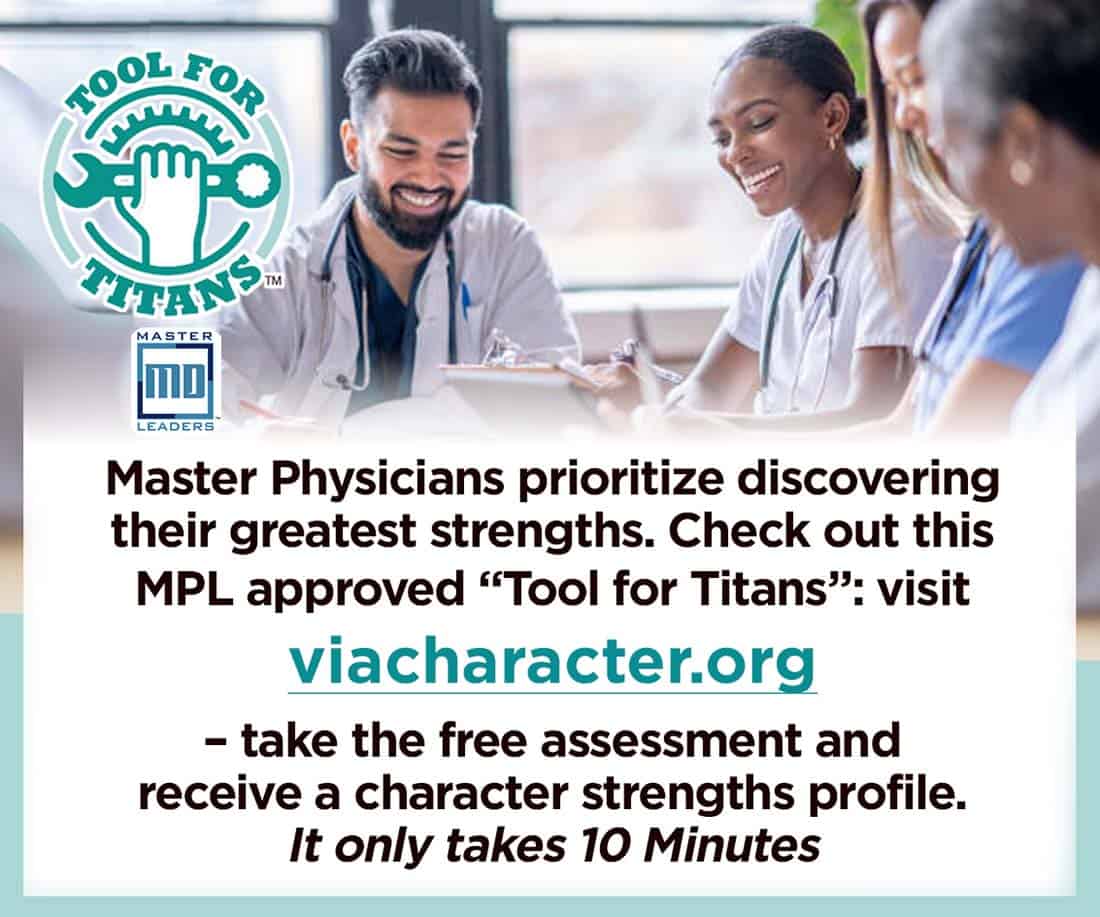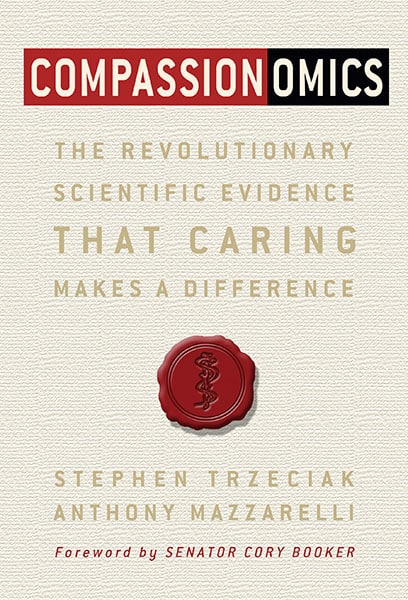The First 90 Days – Sign Up here to begin this free course
The First 90 Days

The First 90 Days was an exploration of your emotional skills as a physician leader. It was a high-powered view of your current skills and what you can do to improve. I hope the evidence became increasingly compelling – the measurable and learnable skills of social and emotional intelligence make a significant impact on our ability to manage ourselves and our relationships with others. These skills are valuable both in our personal and our professional lives. By listening to our quiet inner voice of wisdom, we gain insight that can guide us in dealing with complex problems.
Improving your social and emotional intelligence is not a perfect process. Perhaps there were times when your emotions slipped beneath your awareness and got the better of you. In those moments, what did you learn about yourself? What was the most challenging part for you? These emotional “slip ups” were opportunities to gain a greater understanding of your tendencies so that you can change for the better.
Social and emotional intelligence is a key driver of our performance; higher EQ leaders build workplace environments where team members can excel and higher EQ team members use their strengths more effectively and excel as star performers. Individuals with higher emotional intelligence are more likely to manage their feelings – which in turn, is likely to increase job satisfaction, which is tied to performance.
S+EI skills assist physicians in caring for patients, engaging and inspiring people, influencing across boundaries and cultures, being resilient, responding carefully even in the face of challenge, and building enduring relationships rooted in trust.
One reason our emotional capacity seems to be so critical to success is its effect on stress. As in many fields, healthcare is a complex and stressful environment where interpersonal interactions are of paramount importance. A study of 68 professional midwives and obstetricians in a large urban hospital found that emotional intelligence is strongly predictive of performance (66%), stress is slightly predictive (6% to 24%), and emotional intelligence is predictive of stress management (6.5%). Interestingly, the most senior group in the study – those with the most supervisory and leadership responsibilities – are the ones for whom emotional intelligence made the most difference. In other words, EQ becomes increasingly important as people move up into higher levels of leadership.
The journey to emotional intelligence mastery takes practice. While some of your strengths probably come naturally to you, others may exist because you worked hard to develop them. I encourage you to seize every opportunity to use and practice emotionally intelligent behaviors to maximize your success. Create a more robust and vigorous you by continuing to capitalize on your skills, achieve your potential, and to thrive as you lead.
In the current context of our global pandemic, physician leaders are faced with rapid change and uncertainty. Motivating ourselves and others under constantly changing conditions is not easy and can appear an impossible feat. When the stakes are high, our emotions can lead to our worst decisions or our best ones. But the difference in finding our way to professional satisfaction and sanguine wellbeing amidst the hype is our social and emotional intelligence. It’s about cracking the science of “people smarts” to gain new insights and tools that affect and improve our behavior.
You’ve come this far in your experimentation as an emotional scientist. And for every emotion that you identified and every tip and strategy you tested, I send you a wholehearted congratulations! But don’t stop here. Be willing to be a forever student of social and emotional intelligence. Even if your combination of elements explode, learn from it, and try something else. Your next emotional discovery awaits.
Interested in a deeper exploration of your S+EI strengths and potential development needs? Contact Dr. Terri Malcolm at [email protected] to complete the most comprehensive S+EI instrument on the market today, the Social + Emotional Intelligence Profile®, and to co-create your customized development plan.
First 90 Days Introduction
First 90 Days Lesson 1
First 90 Days Lesson 2
First 90 Days Lesson 3
First 90 Days Lesson 4
First 90 Days Lesson 5
First 90 Days Lesson 6
First 90 Days Lesson 7
First 90 Days Lesson 8
First 90 Days Lesson 9
First 90 Days Lesson 10
First 90 Days Lesson 11
First 90 Days Lesson 12
See all the lessons
Teresa Dean Malcolm, MD, FACOG, MBA, CPE, CPXP, is zealous in her belief that an exceptional experience in clinical care, the human(e) experience, is achievable through meaningful and authentic relationships with others. She has served in executive positions, integrating people with process and purpose, and successfully aligning the ideas of the team with a compelling vision. Her coaching philosophy, The Malcolm Method, is rooted in trust and supportive accountability. Through thought-provoking conversations, she strives to deepen the awareness of her physician clients and further their actions, thereby helping them to thrive as they lead. Dr. Malcolm (known to her friends and family as Terri) is a loving wife to her husband, Nate. Together they have three charming and athletic boys, Nathaniel, and twins, Roman and Colton.



